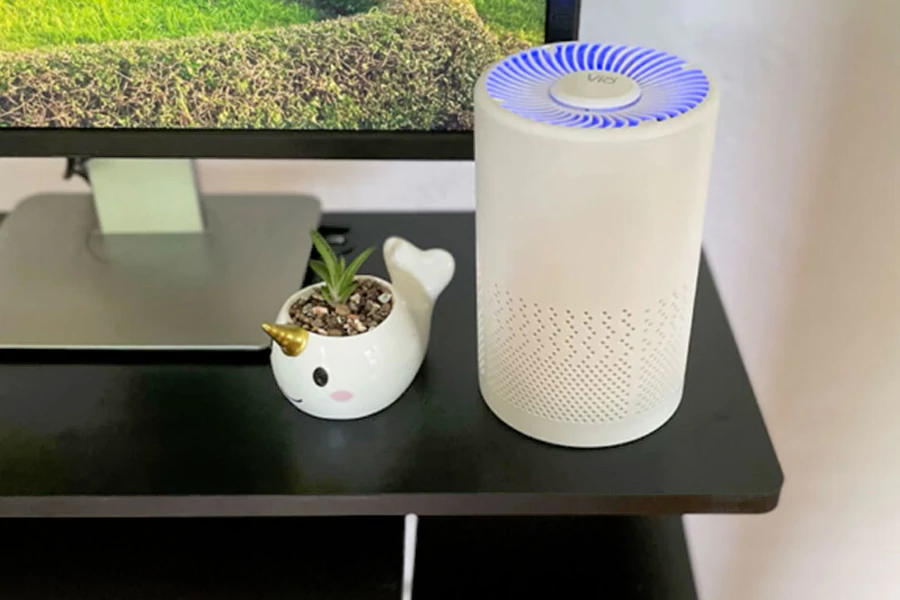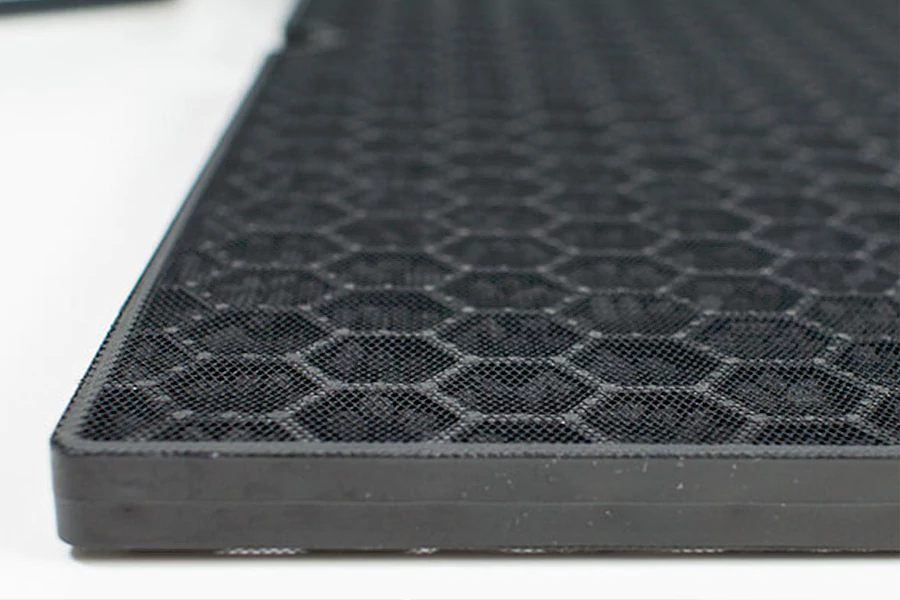Understanding the Air Purifier Puzzle: Decoding the HEPA Vs Carbon Filter Dilemma

Written By: Dr Fahad Yasin
- Updated On:
In the quest for clean and breathable air, air purifiers have become a popular choice. These simple yet effective devices primarily rely on filtration technology to tackle indoor air pollutants.
Among the most common filter types used in air purifiers are HEPA (High-Efficiency Particulate Air) filters and activated carbon filters. Understanding the differences between these filters and their respective roles in air purification is crucial for making informed decisions about the best air purifier for one’s needs.

Table Of Content
HEPA Filters: Capturing the Particulate Menace
- The HEPA filter is a key component in most air purifiers, prized for its ability to capture small airborne particles such as dust, pollen, mold spores, and even viruses.
- A variety of HEPA filters exists, including True HEPA, HEPA-Type, and HEPASilent, but True HEPA filters, which remove 99.97% of particles as small as 0.3 microns, are the most common and efficient.
- Their wide application extends to vacuums, cars, and HVAC systems, owing to their high efficiency, affordability, and durability.
- However, HEPA filters are limited in their capacity to filter gases, odors, volatile organic compounds (VOCs), and smoke.

Activated Carbon Filters: The Adsorption Wizards
- Activated carbon filters, in contrast, possess the magical ability to adsorb pollutants from the air, including formaldehyde, benzene, and ammonia, effectively neutralizing bad odors and VOCs.
- These filters are not as cost-effective as HEPA filters and require more frequent replacement, due to their use of organic raw materials, but their efficiency in combating odors and gases justifies their presence in air purifiers.
- Pellet-based activated carbon filters are preferable due to their higher carbon content compared to fibrous filters coated with carbon.

FAQs: HEPA Vs Carbon Filters
Conclusion
In the air purifier puzzle, both HEPA and activated carbon filters play critical roles in ensuring cleaner and fresher air.
While HEPA filters are the stalwarts of capturing particulate matter, activated carbon filters wield their adsorption prowess to neutralize odors and gases. Opting for air purifiers equipped with both filter types ensures a comprehensive and effective approach to indoor air purification.
Sources:

